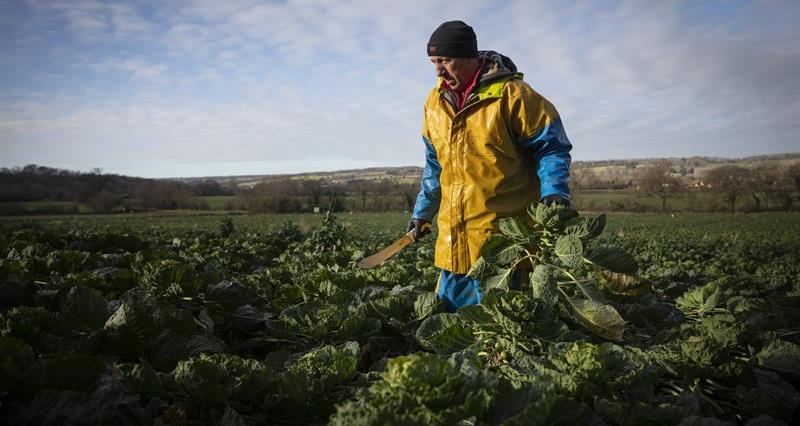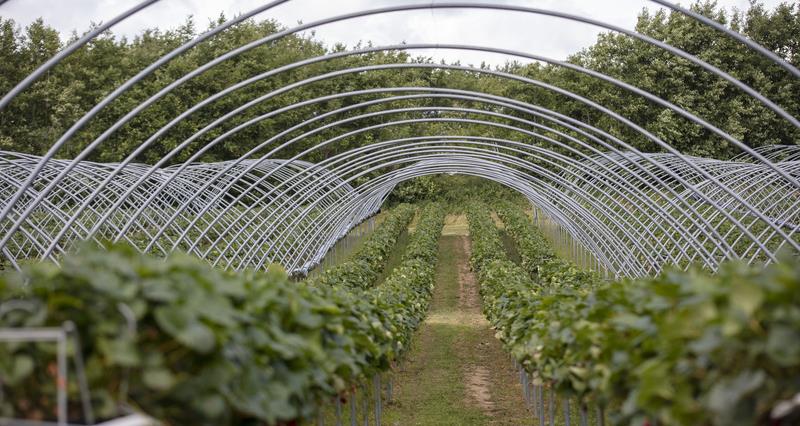Be it a formal written contract, an informal programme, or verbal agreement with your customer – you have a contract. That’s why your views on the draft contractual regulation proposals coming out of Defra for the fresh produce sector are important, and the NFU wants to hear what you think about them.
How might they impact your business? Are there areas that need improving, and how? What are the unintended consequences Defra needs to consider avoiding?
My call to fellow growers is this – engage with designing the contract regulations. Getting this right is critical for our businesses. Defra is willing to take its time to work with us to get it right and prevent regulations causing unintended consequences.
Fill in our online survey by 1 May to have your say.
What do the draft proposals say?
There will be various opportunities during 2025 and 2026 to meet with Defra, host representatives on farm or join meetings as it builds on the initial draft proposals. Keep a look out for those upcoming opportunities.
Defra’s proposals include:
- Imposing obligations on businesses purchasing fresh produce from a seller (including growers/packers/a PO who purchase from other growers).
- Stipulate minimum contract terms that must be included within mandatory written contracts.
- Provisions which stipulate the length of the contract.
- Provisions that obligate contracts to include volume requirements. Proposals allow for both parties to agree an approach to manage periods of over or under supply.
- Stipulations on price and pricing mechanism, including transparency on how prices are determined, method and frequency of payment.
- Obligations for contracts to include specification requirements and pre-agreed tolerances, transparency regarding charges and deductions.
- Requirements for a force majeure clause.
- Requirements for a cooling off period.
- Requirements for a termination clause.
- Obligations around variations to the agreement.
- Requirements for a clear dispute resolution process to be set out within the contract.
- Enforcement of the regulation.
More needs to be done
Defra consulted with the fresh produce sector in early 2024 and has since drafted contractual regulations that aim to increase fairness and transparency within the agreements we hold with our customers.
At the time, the NFU called for a ‘Buyers’ Code of Practice’ to address the behaviours that hinder the competitiveness of the sector, such as unreasonable shifting of goal posts throughout the agreement, a lack of risk and reward sharing along the value chain and unfair delay tactics during negotiations.
Growers were clear more needs to be done to address these issues.
Defra’s draft contract regulations are its first step to address fairness in the supply chain, by ensuring growers are clear on the terms and conditions in which they trade under.

Fresh produce contract regulations – have your say on draft proposals




